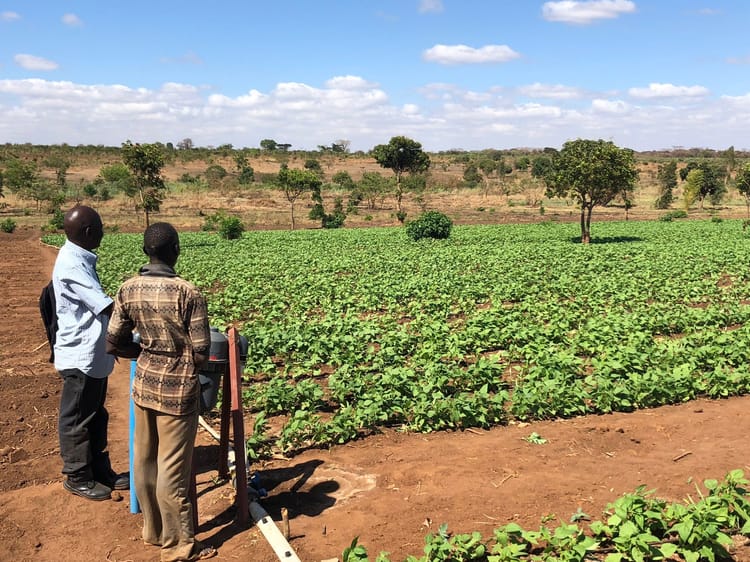Transforming Smallholder’s Agriculture in Malawi with USAID
Netafim, alongside the Feed the Future Malawi Agriculture Diversification Activity (AgDiv), are transforming the lives of smallholders in Malawi with precision irrigation.
It all started when Feed the Future Malawi secured USAID funding to transform agriculture in the country. The objectives behind the initiative were many, primarily accelerating crop diversification, improving agricultural outputs and, above all, benefiting and improving the local economy of the East African country.
Netafim welcomed the opportunity to engage with local farms and share best irrigation practices using demonstration plots. In line with our commitment to provide populations in need with drip-irrigation systems and kits, know-how, training and agronomic support, our experts raised to the many project challenges. Local farmers did not have any prior knowledge of drip technology, seed quality was found to be quite low, and the people were very reluctant to believe that drip irrigation truly increases yields while saving water.
Netafim initially installed drip-irrigation kits and demo-plots in 28 hectares of paprika, groundnut and sweet potatoes. We used on-surface drip irrigation adapted to each specific crop, soil and weather conditions. Over 50 farmers received training about assembling and disassembling drip systems, as well as principles of drip techniques and agronomy.
The results could not have been more promising:
- Increase in yield from 1.5 tons to 5 tons per hectare for paprika – more than 233%!
- First-ever cultivation of paprika and sweet potato in the dry season
- Drip irrigation water efficiency of 95% (versus 40% before)
- Improved economic conditions of the local population and food security
The initial pilot had such a strong positive impact on Malawi’s economy and in the lives of local farmers, that a scale-up project covering an area of 50 hectares followed. Many more are planned for the future.


Comments
We'd love to hear your thoughts! To enter a comment, type your name and email address.